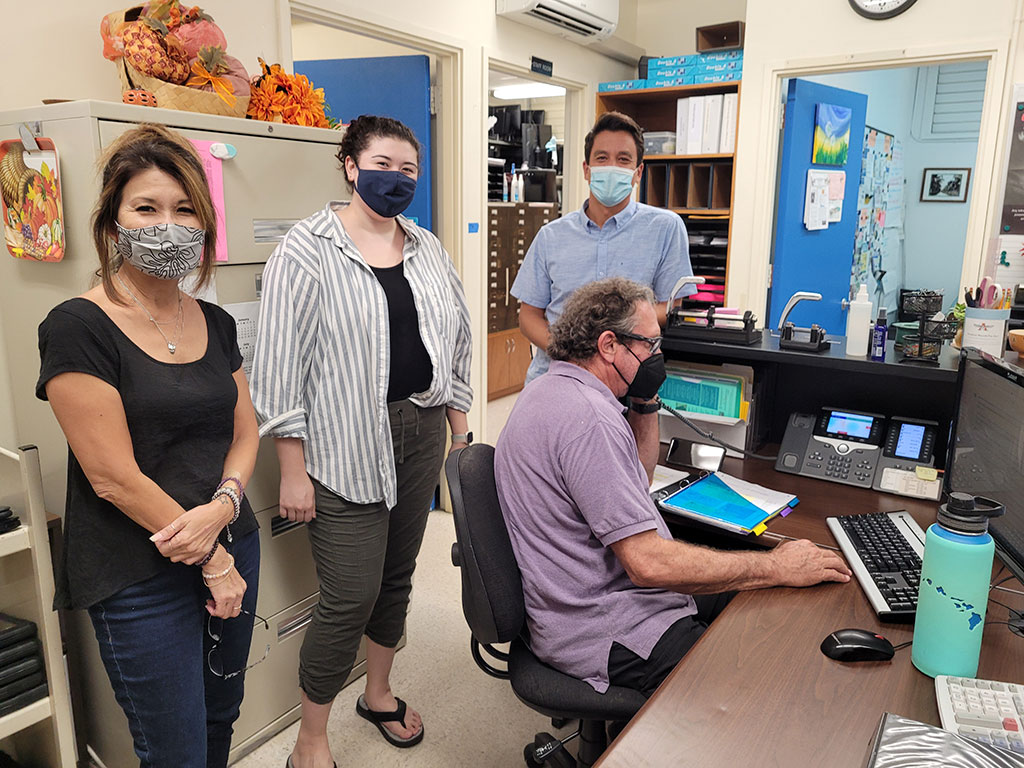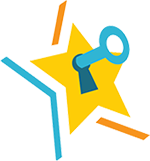At Hawaii’s Waipahu Community School for Adults, counseling and administrative staff joined together to boost personal and workplace skills in their ICAN (Individualized Career Achievement Network) program. They had been hearing from local employers who emphasize the importance of transferable and essential skills over technical skills in the workplace. The ICAN model was a great fit for this new initiative, since it combines group work and individual counseling to support students in reflecting on skills and applying them to real life contexts. Students in the ICAN program are entering employment for the first time, transitioning into a new field or job, or re-entering the workforce.

Waipahu counselors chose the Foundation Skills Framework Self-Appraisal and a curated list of lessons and tutorials from Goodwill Community Foundation (GCF) Learn Free. After students complete the self-appraisal, counselors aggregate and reflect on the results with them, and then curate a list of GCF lessons based on what skills students need most. This involves cross-walking to connect the terminology and topics outlined in the two different resources. For instance, counselors integrated the self-appraisal skill of “makes decisions” with two GCF lessons in work skills and communication skills. The framework and self-appraisal provide structure and intentionality, while curating the lessons for each student group ensures flexibility and responsiveness.
Once students complete GCF lessons, counselors bring them together to discuss how the skills apply to their personal and professional lives. Students end up sharing their own experiences, stories, and strategies in addition to completing the lessons. For example, when completing the critical thinking and decision-making lessons, students not only learned about the psychological component of decision-making, but also shared the processes, struggles, and strategies they have developed when needing to make decisions. In addition to building community in the class, this discussion made the skills more relevant and readily accessible.
One counselor reflected: “One major benefit of this approach is students are able to meet their peers in the class and learn more about them, sharing their own strategies and experiences related to the skills.”
When asked to reflect on these lessons, students consistently ranked them highly, but peer connection and mutual support emerged as an unexpected benefit of this new initiative.
Because the ICAN model also includes occasional one-on-one counseling, this allows for additional customization. Counselors check in with students’ academic and career goals and discuss how the skills are connected and integral to their trajectory. This process also allows the counselors to continue to customize the lessons students are assigned. For example, after meeting with two students who “expressed issues with being stuck in life,” one counselor “prepared and used the GCF lesson on creativity, as it reinforced that creativity is an innate trait that we use in everyday life, even if we don’t realize it.” The counselors note that this connection between goals and the skills increases student motivation throughout their work in the program, whether it is academic or career exploration and planning.
